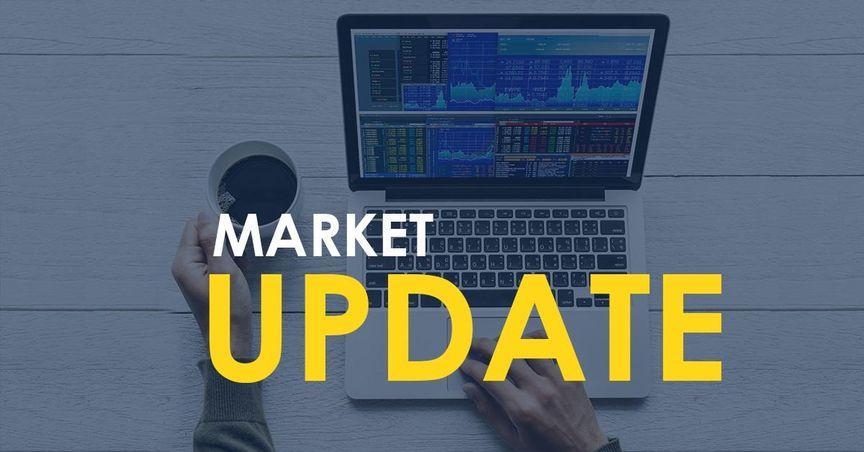Highlights
- Nationalistic policies could push inflation higher, warns BlackRock’s CEO.
- Worker shortages may impact agriculture and AI data center expansion.
- Potential tariffs on trade partners could further raise import costs.
Larry Fink, the CEO of BlackRock (NYSE:BLK), has expressed concerns that nationalistic policies in the United States could lead to higher inflation. Speaking at the CERAWeek conference in Houston, Fink pointed out that factors such as mass worker deportations and trade tariffs could contribute to rising costs over the next several months.
Fink emphasized that the market may be underestimating inflationary risks. He suggested that increased economic nationalism, while appealing in some aspects, could result in unintended consequences. “If we all are becoming a little more nationalistic, it’s going to have elevated inflation,” he stated.
One of the key areas where Fink foresees an impact is the labor market, particularly in sectors that rely on a steady workforce, such as agriculture. He warned that mass deportations could disrupt food production, potentially leading to supply shortages and higher prices. "Are we going to have enough workers to harvest this now?" he questioned.
Beyond agriculture, Fink highlighted the impact of labor shortages on the growing artificial intelligence (AI) sector. With companies heavily investing in AI-driven data centers, the need for skilled workers such as electricians is critical. He noted that these shortages could slow down infrastructure development, affecting companies involved in AI expansion.
Additionally, concerns over international trade policies were raised. The potential for increased tariffs on imports could lead to a surge in prices, impacting various industries. Fink cautioned that while nationalistic economic strategies may aim to boost domestic production, they could also result in higher costs for businesses and consumers. “When they talk about these policies, at what cost are you willing to tolerate that?” he asked.
With the U.S. economy already navigating an uncertain path, these factors could add more pressure to inflation. Market participants will be closely watching how government policies evolve and their potential effects on both domestic and global economic stability.



